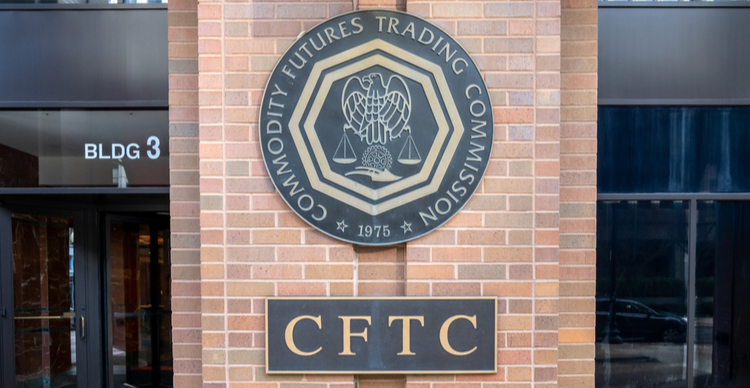
Chris Giancarlo says having a single entity like a crypto bureau regulating cryptocurrencies is something Congress should consider.
2022 finds the crypto industry looking forward to more regulatory clarity from the US and across the globe; with some like the CEO of crypto exchange FTX recently noting that this would be a harbinger of even more institutional involvement in the sector.
The next few months could prove pivotal, going by what happened in 2021, including the formation of the President’s Working Group on Crypto and then the crypto executives’ hearing involving lawmakers on Capitol Hill.
However, while the industry is optimistic that clarity will come out of all these steps, some industry observers think the approach to the topic as shown over the last several months has been nothing but “defensive and reactionary.”
That’s the view of Chris Giancarlo, the former Commodity Futures Trading Commission (CFTC) chair, who commented on the broader crypto regulatory climate in the US while speaking at the American Enterprise Institute.
Giancarlo took issue with the Biden administration over the release of a report on stablecoins last year.
According to him, there’s everything wrong with a regulatory outlook if the readings from a special working group report indicate that authorities are focused more on unearthing what is likely to be negative impacts of the sector, rather than looking at regulation at what positives the sector can have on innovation if “properly” regulated.
The ex-CFTC chair noted that not taking a proactive approach to the question of crypto regulation is poised to derail efforts towards financial inclusivity.
The former CFTC chief also believes proper regulation will come with the administration working on a new agency specifically targeted for the crypto industry. He advocates for a Congress bill seeking to have cryptocurrencies regulated by a body jointly overseen by the SEC and the CFTC.
It’s an idea some within the crypto space say can work- with the result being a situation where the same asset class does not get different approaches from the two government agencies.
Giancarlo argues that such a crypto bureau would have authority over cryptocurrencies as a whole, not where the CFTC and SEC take divergent regulatory stances.
This article first appeared at CoinJournal: Home